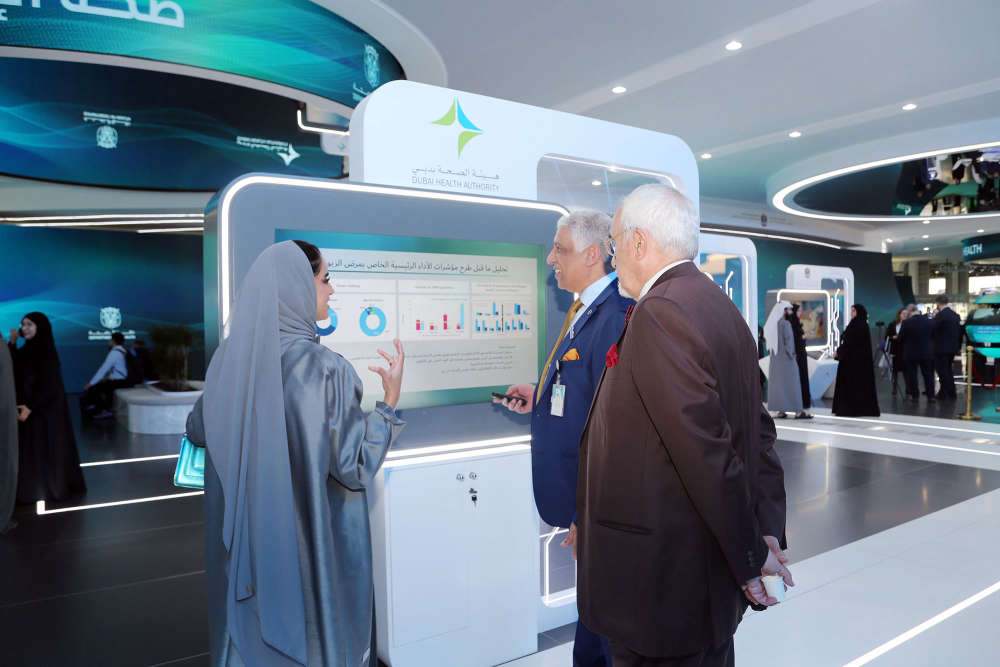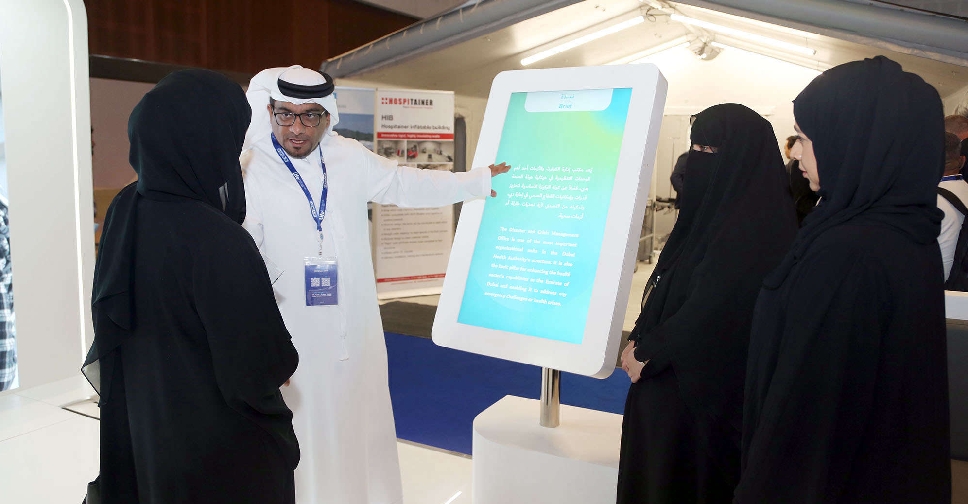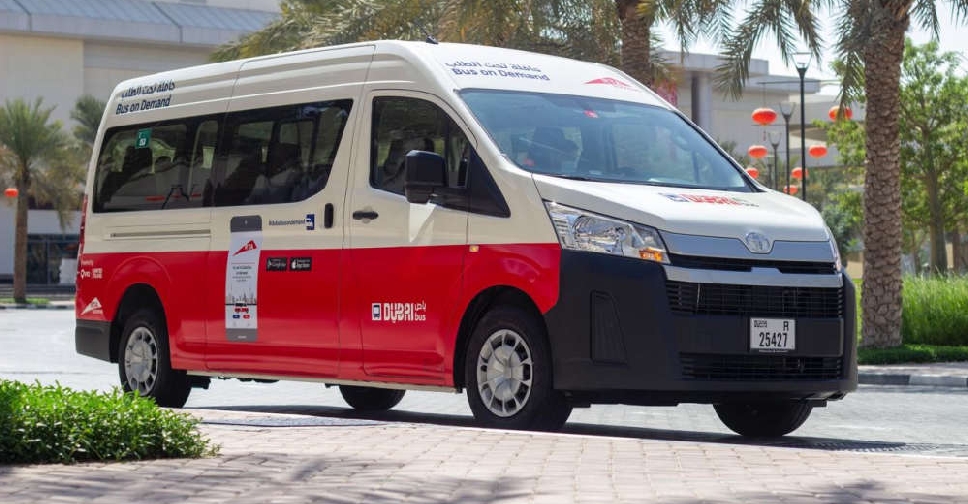
Dubai Health Authority (DHA) will apply its value-based healthcare model across 30 disease areas by 2025.
The model known as EJADAH, which means proficiency in Arabic, was launched in June 2022 and is a value-based model rather than a volume-based healthcare model.
It uses A.I. technology for predictive healthcare analysis for early intervention, disease prevention and to avoid complications.
The model will also include patient-reported outcome measures (PROMs) to assess the outcome of care from the patient’s perspective.
The A.I. technology will be initially used for two diseases: diabetes and asthma.
The DHA’s Dubai Health Insurance Corporation, which regulates the health insurance sector in the emirate, is overseeing the implementation of the scheme.
The details were announced on the sidelines of the Arab Health exhibition, taking place at the Dubai World Trade Centre from January 30 to February 2.
"The value-based healthcare model will pay for performance and outcomes that matter to patients, it will provide healthcare service providers with evidence-based guidelines, which will be a framework for all physicians to follow with regard to treatment protocols for all ailments," said Saleh Al Hashimi, CEO of Dubai Health Insurance Corporation.
Insurance providers will have a strong foundation to refer to evidence-based data and all stakeholders will work together to enhance healthcare and reduce unnecessary medical expenditure.
"The model is driven by quality outcomes and at its core lies the health of patients, it will help shift the focus on preventive care, which will benefit patients and lead to reduced healthcare expenditure thus leading to healthcare sustainability. It will also help improve government oversight of the health sector by overseeing clinical outcomes, economic and human-centric outcomes," explained Al Hashimi.
He added that payers and providers have been undergoing training to understand the framework and KPIs which will lead to minimal waste of healthcare expenditure and enhanced focus on preventive care.
- Since the launch of the model last year, the DHA has identified and prioritised 30 diseases until 2025 where this model will be applied.
- In 2022, Dubai’s healthcare sector received training to use this model for asthma, diabetes, Gastroesophageal reflux disease (GERD), lower back pain and respiratory infections. The sector was also provided in-depth training on maternity care guidelines.
- In 2023, the focus will be on: Chronic obstructive pulmonary disease (COPD), Inflammatory bowel disease (IBD), Osteoporosis, Hyper Hypothyroidism, Atopic dermatitis, Urinary Tract Infections, Migraine and Myocardial infarction( MI).
- In 2024, the focus will be on: Peptic Ulcer Disease, Rheumatoid Arthritis, Obesity and Metabolic Syndrome, Polycystic Ovarian Syndrome, Acne, Benign Prostatic Hyperplasia and Arrythmia.
- In 2025, the areas of focus will include: Gallstones, Osteoporosis, Thyroid disease, Dermatitis, Psoriasis, CHD/Stroke, DVT and renal failure.
Dr. Mohamed Farghaly, Family Medicine Consultant, Diabetologist and Professor of Medicine at Dubai Medical Collage and Consultant at the Dubai Health Insurance Corporation highlighted that the model will lead to a sustainable healthcare system.
Dr Farghaly, who is also the lead of the EJADAH project at the DHA, shared the details with ARN News.


 No parking fines in Sharjah's rain-hit areas
No parking fines in Sharjah's rain-hit areas
 Sharjah students to return to on-site learning
Sharjah students to return to on-site learning
 Dubai sets up crisis management office to handle health emergencies
Dubai sets up crisis management office to handle health emergencies
 Dubai's bus-on-demand serves new route
Dubai's bus-on-demand serves new route
